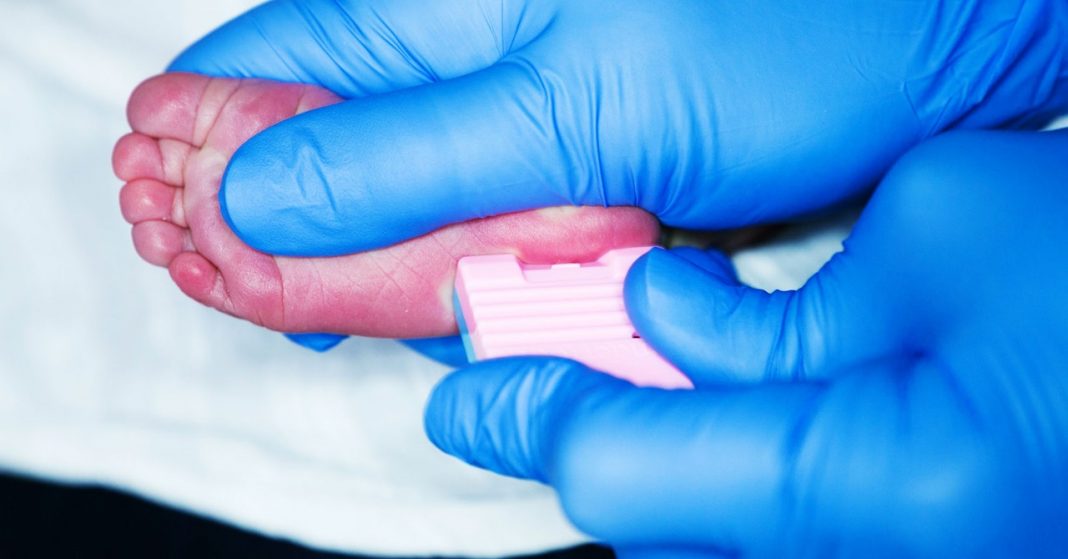The Institute for Justice, a libertarian nonprofit, and the parents behind the lawsuit claim there’s no reason for the state to keep samples that long. “The New Jersey Department of Health has unilaterally determined that it can keep and store the unused blood from every baby born in New Jersey,” the lawsuit alleges.
In the lawsuit, filed on November 2, the plaintiffs argue that New Jersey’s practices violate their children’s Fourth Amendment rights against unreasonable searches and seizures. The suit asks the court to bar the Department of Health from keeping blood samples after screening is completed, unless it obtains informed consent from parents to keep the blood for specific, disclosed purposes.
Nancy Kearney, a spokesperson for the New Jersey Department of Health, which includes the Division of Family Health Services, told WIRED via email that the agency does not comment on pending litigation.
When Lovaglio learned earlier this year that New Jersey police departments have purportedly used newborn blood samples to help investigate crimes, she was unsettled. Last year, the New Jersey Office of the Public Defender discovered that state police had allegedly obtained a newborn blood sample from the Department of Health and performed a DNA analysis that allowed investigators to link the baby’s father to a crime that occurred in the 1990s. “The more I sat with it, the more I realized that there was information that belonged to my children that I had no control over. It was nagging,” Lovaglio says.
She says parents should be informed of the state’s storage policy and be able to opt in to how their child’s blood sample can be used. For instance, some states may use newborn blood samples for medical research, but require parental consent to do so. “If there was something that the state told me they could do with my child’s blood samples that would benefit the greater good, I would likely opt into that,” Lovaglio says. “But I want the chance to opt in.”
New Jersey isn’t the only state that has faced legal challenges to its policies on the storage and use of newborn blood samples. In 2009, a lawsuit in Texas resulted in the state destroying 5.3 million samples that were kept without parental consent. Now, all samples collected after 2012 must be destroyed after two years, unless parents give permission otherwise. A 2014 settlement in Minnesota resulted in 1.1 million samples being destroyed after 21 families sued the state’s health department. And last year, Michigan agreed to destroy 3 million samples.
Earlier this year, Wisconsin abandoned a plan to retain newborn blood samples for 10 years, instead of the current limit of one year, over concerns about parental consent and the use of samples beyond disease screening.
In New Jersey, state officials have until November 24 to respond to the class action. Morris says he hopes the case can be resolved quickly. “The legal theory behind it is pretty simple,” he says. “You’ve taken DNA from these kids without asking, and if you want to keep it, you have to ask.”
